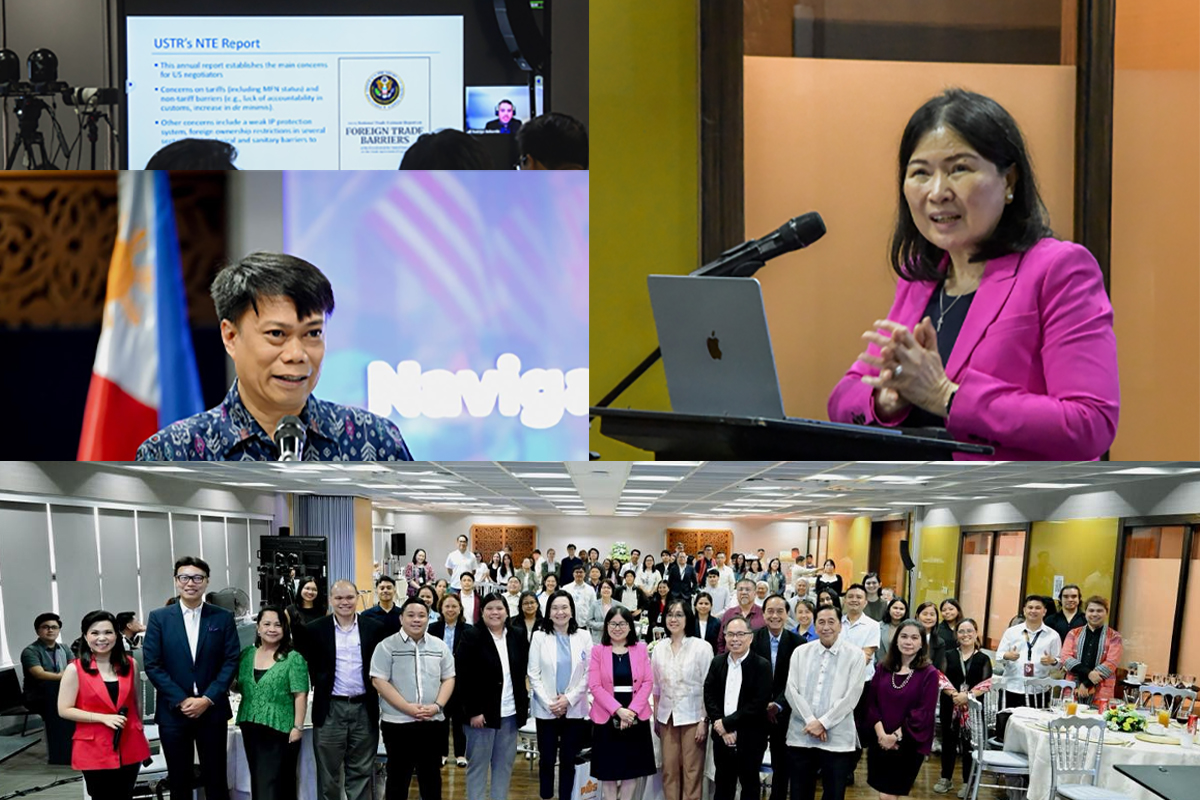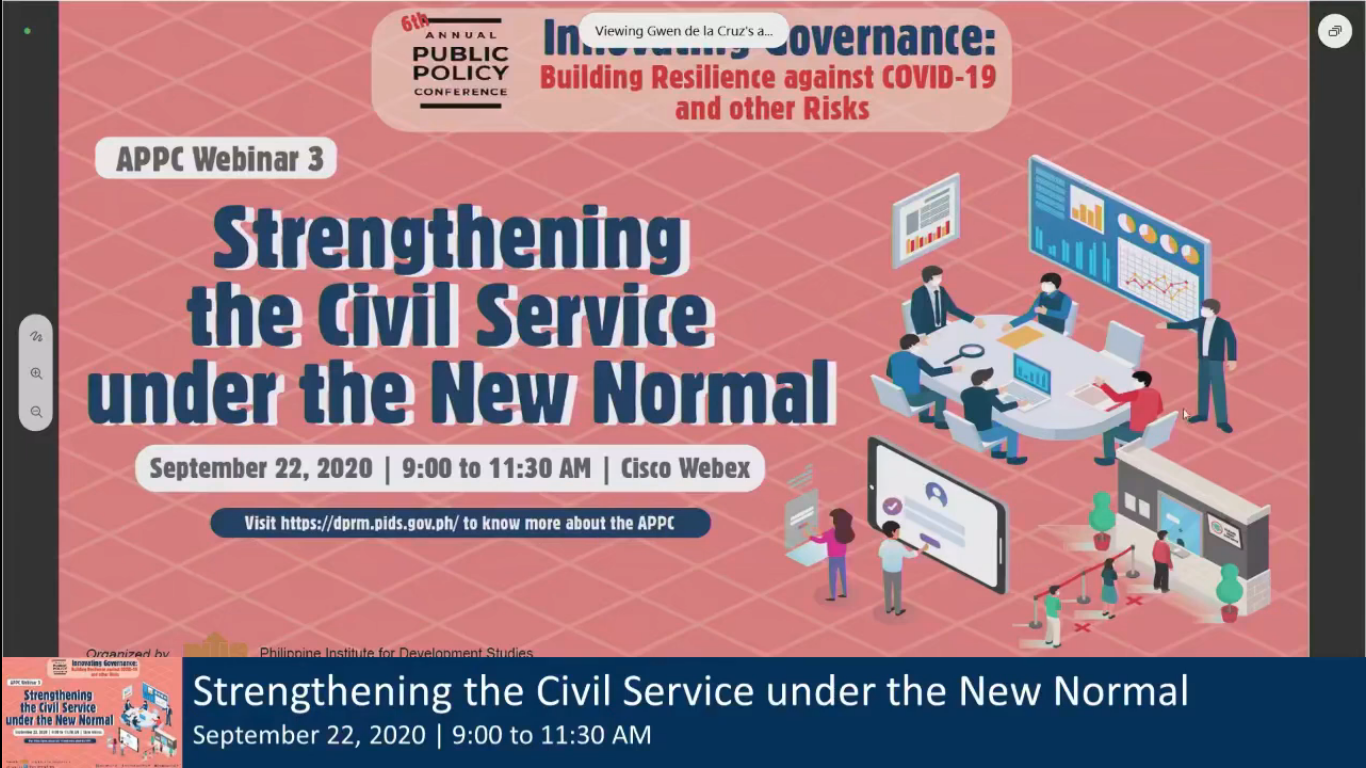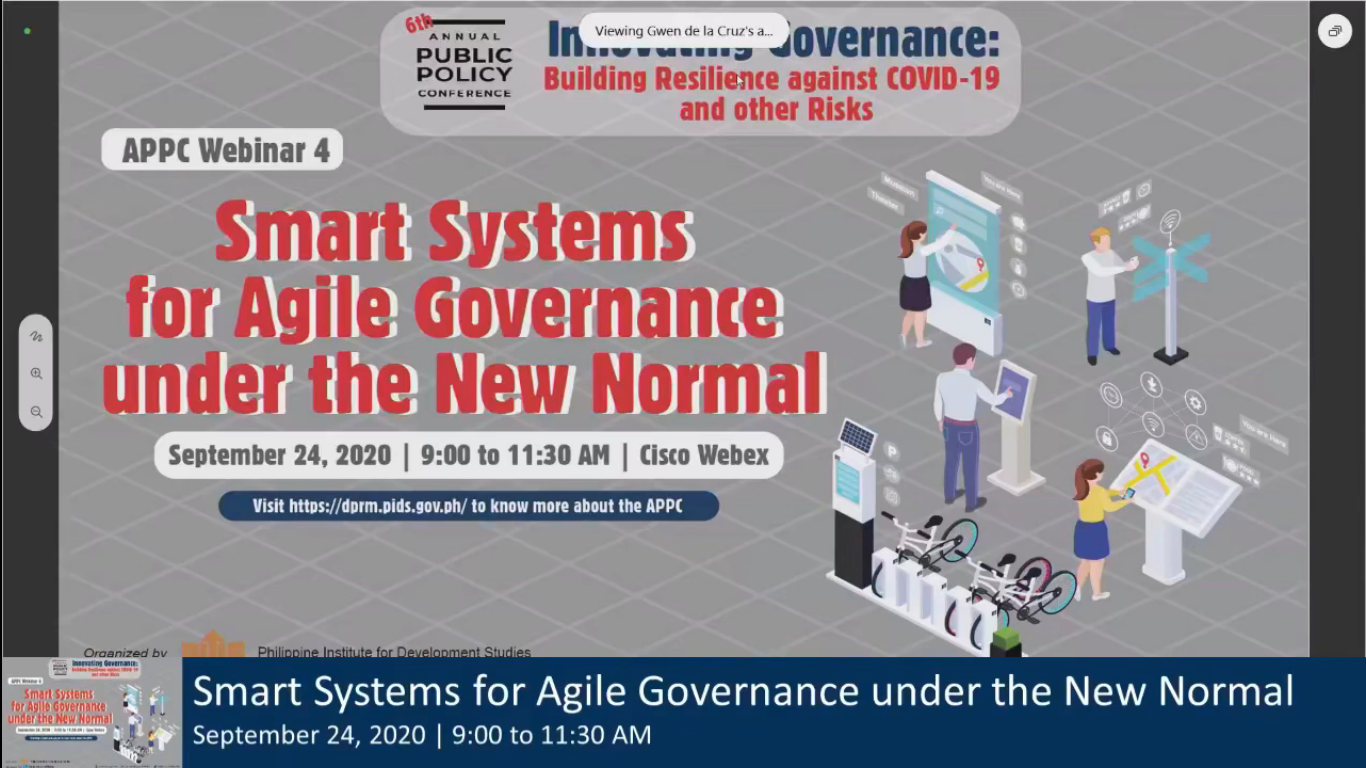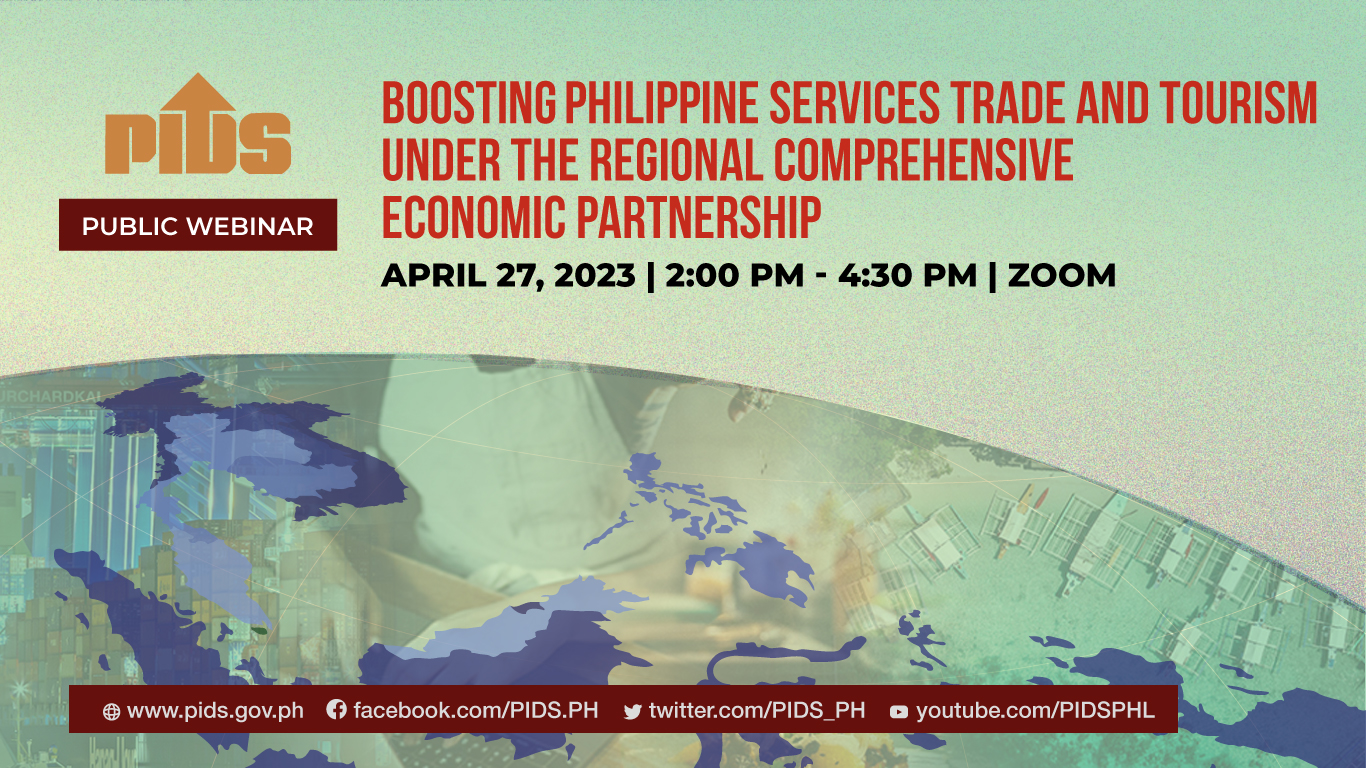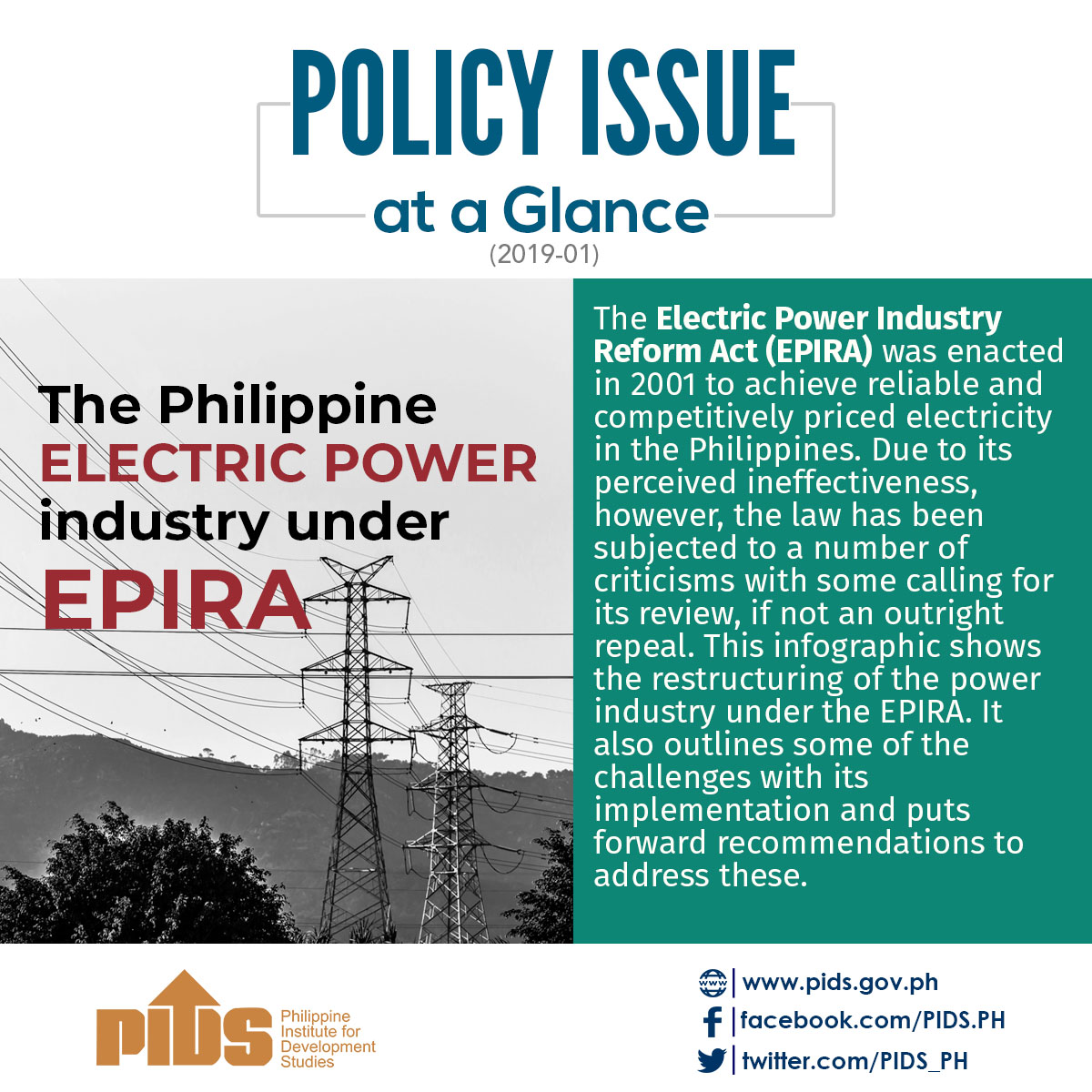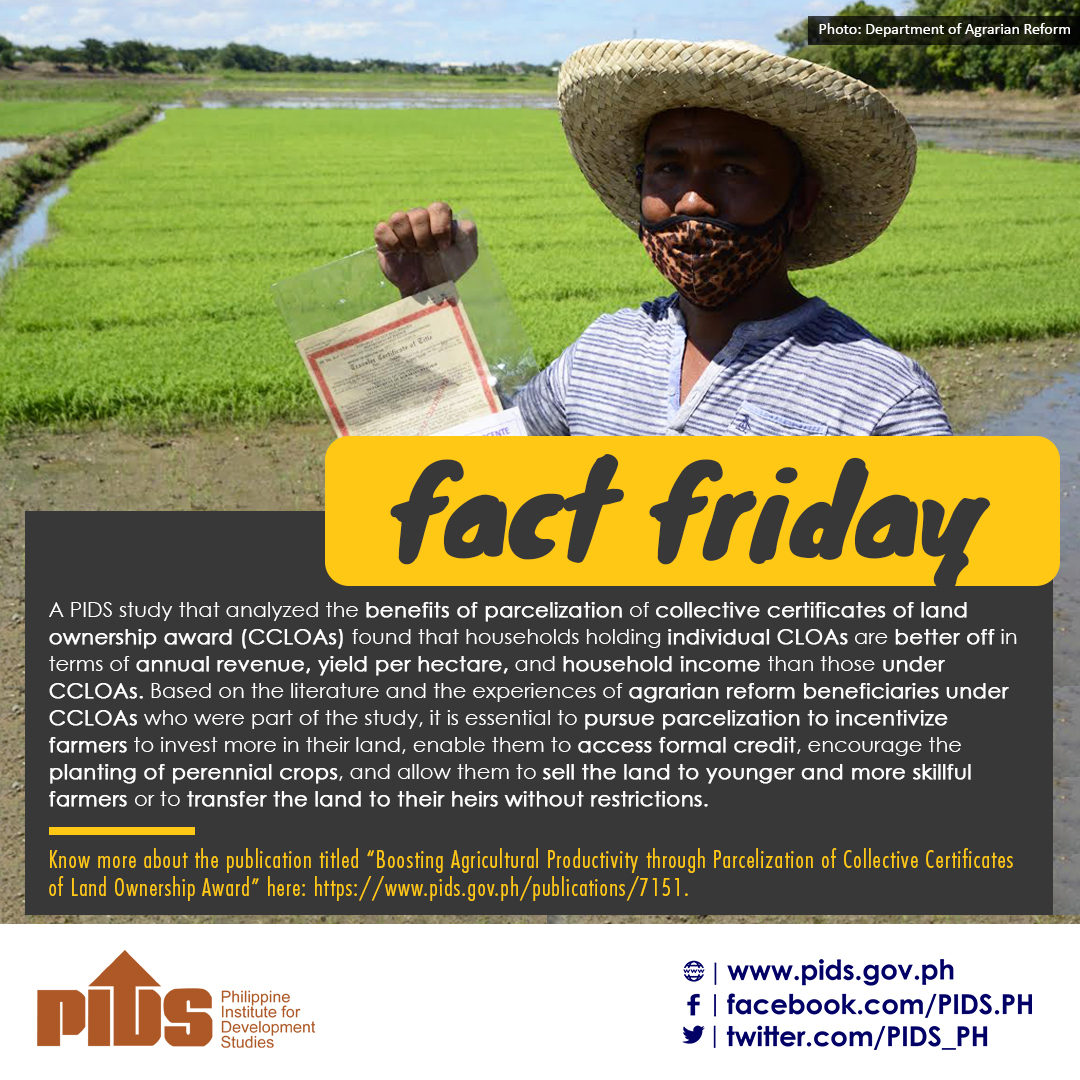SINCE it turned out to be the highlight of most people's week — and not in a good way — before I take on the subject I intended for this column, allow me to share a few observations about Wednesday morning's earthquake and its aftermath.
From what was observable in the news and confirmed by a few first-hand reports from the affected areas, those most impacted by it, the people of Northern Luzon and the government agencies in the area, responded admirably to it. Obviously it was (and still is) a challenging situation, but the impression is that the response was faster and more effective than we have been accustomed to seeing, particularly when compared with the most recent similar calamity, the earthquake that hit Central Luzon in April 2019.
That positive outcome, however, does not seem to be attributable to national-level action. In Manila, the response of most everyone was to either panic or develop a serious case of main character syndrome; ably abetted, of course, by a news media that is congenitally incapable of asking the question, "So what?" whenever any of these self-important clowns does or says anything.
Not everyone is thrilled with special economic zones, such as these citizens creatively protesting one located in Aurora province.
At least four separate news outlets churned out "breaking news" (another term the local media does not seem to understand, or care to) that Sen. Robin "Gusto ko Sogo ka" Padilla had evacuated the Senate complex in Pasay safely, complete with pictures of the World's Biggest Fish Out of Water himself, as though anyone outside of his immediate family would have wondered, or cared. Not to be outdone, permanent chairman of the Senate Committee on Redundancy Committee Sen. Bong Go took the opportunity to make a non-sequitur pitch for the passage of his Department of Disaster Resilience bill, even though actual events were belying the necessity of another awkwardly named layer of bureaucracy.
Taking a more proactive approach, Secretary Whichever Tulfo This One Is of the Department of Social Welfare and Development somehow managed to travel to the affected areas before the ground even stopped shaking to helpfully instruct local DSWD personnel to do the job they were already doing, and be seen listening thoughtfully to local government officials. That pensive look is hard to pull off if you're wearing an N95 mask, but he did it, because the man is nothing if not a professional.
Even President Bongbong Marcos got into the act. After initially making the very sensible statement that he would hold off on traveling to the affected areas to avoid the unnecessary disruption a visiting party of VIPs would cause, he reversed himself and announced plans to visit forthwith. The reason for the change of heart may have had something to do with being upstaged by big sister and Senator Imee, who wears her annoyance at not being accorded the same empress vibe as her mother by the public like a bright red t-shirt, and who got to the northlands ahead of "bunso," disruption be damned.
Although any human toll is tragic and fully deserving of a careful assessment of how it could be even further minimized, the fact that it was not worse than it was given the timing of the earthquake might be viewed as a positive sign. This country is and always will be prone to natural disasters, but as long as there is continuous improvement in the way in which they are managed, progress is being made, and that's about all anyone can ask for.
***
Now on to regular business. Earlier in the week, the Philippine Institute of Development Studies (PIDS) released a study of the Generalized Scheme of Preferences Plus (GSP+) tariff scheme applied to the Philippines by the European Union. The conclusion of the study was that despite the great advantages, particularly to small and medium enterprises, advertised about GSP+, its benefits have been modest at best.
That is a whole other topic; the part of the study that jumped out at me was the assertion that a large part of the reason the Philippines may not be benefiting as anticipated is that this is an "anti-development" economy. The statement was made in almost an offhand way, and it should have been given more prominence because it perfectly sums up the reason why this supposedly growing economy seems almost guaranteed to underperform: micro, small and medium enterprises (MSMEs) make up more than 99 percent of all businesses in the country and are acknowledged as the true power of the economy, and yet broader economic policy in practice is geared toward doing almost everything possible to retard their progress.
The characteristics of an "anti-developmental state," according to PIDS, include factors such as the country's reliance on imports, private consumption, foreign investment and economic zones; challenges to the expansion of capacity of the country's exporters; difficulties with the development of the country's local supply chains and infrastructure; and disparities in income and political power.
Each of those factors is by itself a complex problem to solve, except for one: The country's stubborn, irrational belief in the imagined advantages of economic zones. That problem is one that can be solved quickly, and President Marcos recently sent a signal that may give us hope it might be with his veto of the proposed ecozone attached to San Miguel Corp.'s airport project in Bulacan.
Special economic zones, which include export processing zones, freeports, free trade zones and similar arrangements, are fairly popular, not just in the Philippines; there are a total of about 5,400 of them worldwide in at least 147 countries, according to data from the UN Conference on Trade and Development (Unctad). While they certainly do have some benefits, they are increasingly being seen as problematic for developing economies because the benefits those countries need — enterprise and productivity growth, technology transfer and value chain expansion — cannot be gained on any meaningful scale precisely because most domestic enterprises are excluded from special economic zones. The benefits those zones do confer, such as providing jobs that support greater household consumption, tend to be ones that strengthen the anti-developmental economy.
If the government were using the benefits it gained from special economic zones — tax revenues that are already constrained by the compromises necessary to make locating in the zones attractive in the first place — to support domestic enterprise and value chain development, the persistence of this part of the economic framework might be a bit more palatable, but that has never been the case, so the next best thing is to effectively turn the entire country into an economic zone. Some of the reforms of the Duterte administration started the country down that path, and so far at least, it seems the current administration is at least willing to consider continuing. We can at least hope so.





